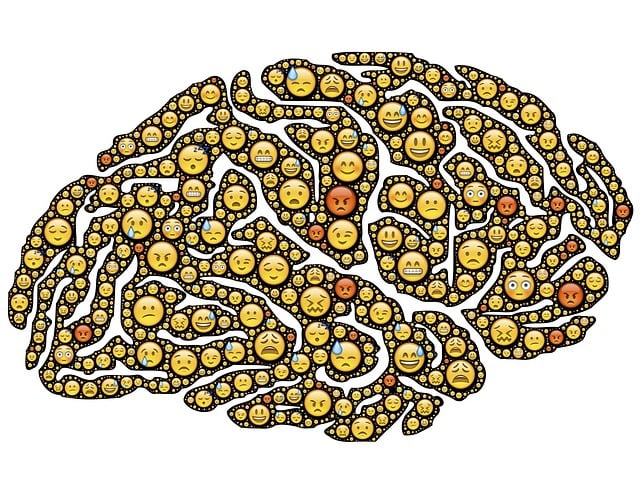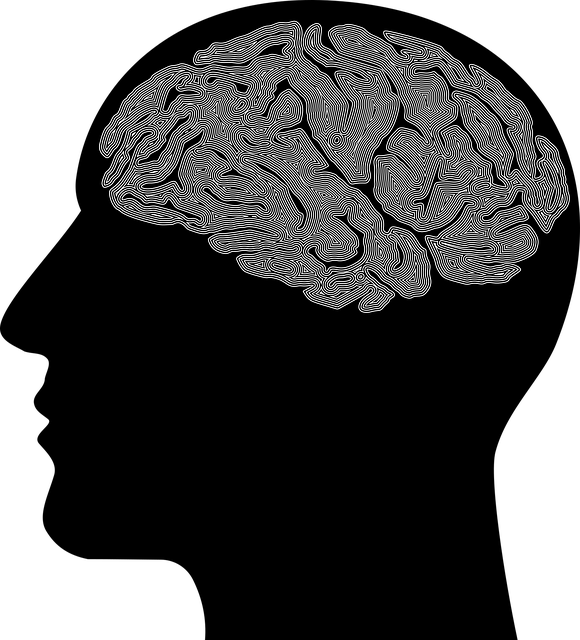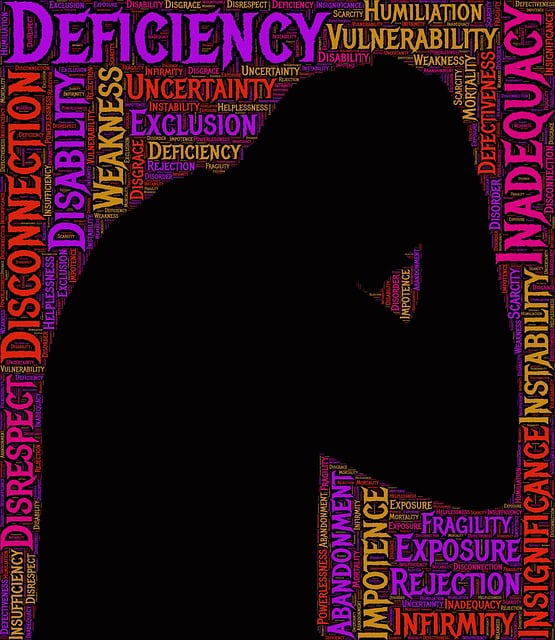Northglenn Crisis Intervention Teams (CITs), integrating Mind Over Matter principles, offer vital support for mental health crises, including phobia therapy. Trained professionals from healthcare, law enforcement, and social services collaborate to de-escalate situations and provide comprehensive care, contributing to broader mental health awareness and burnout prevention. Specialized training, like that offered by Northglenn Phobias Therapy, equips staff with skills to handle anxiety attacks and severe episodes, promoting emotional well-being and saving lives. A robust program focuses on active listening, de-escalation techniques, mental wellness journaling, and stress reduction methods, tailored to individual needs. Post-training support groups and ongoing education maintain crisis response skills, fostering resilience and effective care during crises.
In today’s challenging social landscape, effective crisis intervention is more critical than ever. This article explores the vital role of Crisis Intervention Teams (CITs) in Northglenn, focusing on their impact and the unique needs they address. We delve into the significance of specialized training for CIT members to ensure swift and competent responses during crises. Furthermore, it highlights key components of comprehensive programs, strategies for phobia management, and the importance of post-training support in Northglenn Phobias Therapy.
- Understanding Crisis Intervention Teams: Their Role and Impact in Northglenn
- The Importance of Specialized Training for Effective Crisis Response
- Key Components of a Comprehensive Crisis Intervention Team Program
- Strategies for Equipping Individuals with Phobia Management Skills
- Building Resilience: Post-Training Support and Continuous Learning in Northglenn Phobias Therapy
Understanding Crisis Intervention Teams: Their Role and Impact in Northglenn

In Northglenn, Crisis Intervention Teams (CITs) play a pivotal role in addressing mental health crises, offering immediate and specialized support to individuals grappling with severe emotional distress or thoughts of self-harm. These teams typically consist of trained professionals from various sectors, including healthcare, law enforcement, and social services, who collaborate to de-escalate situations and provide comprehensive care. The presence of CITs has significantly impacted the community’s response to mental health emergencies, fostering a more compassionate and effective support system.
The impact of CITs extends beyond crisis resolution, contributing to broader Mental Health Awareness and Burnout Prevention Strategies for Healthcare Providers. By integrating Mind Over Matter principles, these teams empower individuals to overcome phobias and other mental health challenges. Through rapid response and tailored interventions, Northglenn’s CITs ensure that those in need receive the support they deserve, ultimately enhancing the community’s resilience and well-being.
The Importance of Specialized Training for Effective Crisis Response

Specialized training is a cornerstone for effective crisis response, especially in diverse and challenging environments. In Northglenn Phobias Therapy, for instance, professionals are equipped with tailored skills to handle various crises, from anxiety attacks to severe mental health episodes. This focused training goes beyond general healthcare education, delving into specific techniques designed to promote emotional well-being and mitigate high-stress situations.
The benefits of such programs are multifaceted. They empower individuals to demonstrate empathy and compassion during crises, fostering a supportive environment crucial for recovery. Moreover, these initiatives enhance community outreach program implementation by training staff to recognize early signs of distress, enabling timely intervention and potentially saving lives. Effective crisis response is not just about treating symptoms; it’s about understanding the nuances of human behavior and emotional responses, skills that are cultivated through rigorous, specialized training.
Key Components of a Comprehensive Crisis Intervention Team Program

A comprehensive crisis intervention team program should incorporate several key components to ensure effective support and care for individuals in distress. Firstly, thorough training in communication strategies is essential. This equips team members with the skills to listen actively, de-escalate tense situations, and facilitate open dialogue, fostering an environment where individuals feel heard and understood. The program should also include practical exercises that simulate real-life crisis scenarios, allowing team members to practice their responses and enhance their problem-solving abilities.
Additionally, integrating mental wellness journaling exercise guidance can be a powerful tool for self-reflection and emotional regulation. Encouraging team members to document their experiences, thoughts, and feelings in a structured journal promotes self-awareness and provides a safe space for processing complex emotions. Similarly, promoting Self-Care Routine Development for Better Mental Health is vital. The program should emphasize the importance of regular self-care practices, such as mindfulness exercises, physical activity, and adequate rest, to maintain team members’ resilience and overall well-being, especially when supporting others through challenging situations in Northglenn Phobias Therapy settings.
Strategies for Equipping Individuals with Phobia Management Skills

In Northglenn Phobias Therapy, one of the primary goals is to equip individuals with effective strategies for managing phobias and anxieties. This involves a multi-faceted approach that combines various techniques tailored to each client’s unique needs. Cognitive Behavioral Therapy (CBT) is a cornerstone of this process, focusing on identifying and changing negative thought patterns and behaviors that contribute to fear and avoidance. Through CBT, individuals learn to challenge their fears, gradually exposing themselves to the phobia in a safe and controlled environment.
Complementing CBT are Stress Reduction Methods and Social Skills Training. Stress reduction techniques, such as mindfulness meditation, deep breathing exercises, and progressive muscle relaxation, empower clients with tools to calm their minds and bodies during triggering situations. Social Skills Training helps build confidence and enhances communication abilities, fostering better interactions in social settings often avoided due to phobias. These holistic approaches not only address the symptoms but also promote long-term depression prevention by teaching individuals coping mechanisms for stress management.
Building Resilience: Post-Training Support and Continuous Learning in Northglenn Phobias Therapy

After completing crisis intervention team training, ongoing support and continuous learning are essential for maintaining skills and fostering resilience. In Northglenn Phobias Therapy, this is achieved through a multifaceted approach. Firstly, post-training support groups provide a safe space for practitioners to share experiences, discuss challenges, and learn from one another. These peer-led sessions enhance emotional healing processes and build camaraderie among team members.
Additionally, ongoing training programs focus on crucial aspects like cultural sensitivity in mental healthcare practice, ensuring the team remains equipped to address diverse client needs. By integrating these learning opportunities into the fabric of Northglenn Phobias Therapy, the crisis intervention team is better prepared to navigate complex situations and deliver effective care. This continuous improvement aligns with the broader goals of mental health education programs design, ultimately enhancing the overall effectiveness of the team in supporting clients through their crises.
Crisis intervention team training is a vital component of effective mental health support, as seen in Northglenn Phobias Therapy’s successful implementation. By equipping individuals with specialized skills and fostering resilience through continuous learning, these programs can significantly enhance crisis response capabilities. The key lies in comprehensive training that addresses critical components, ensuring teams are well-prepared to manage diverse crises. Through such initiatives, Northglenn has set an example for communities worldwide, demonstrating the power of empowered individuals ready to navigate and resolve challenging situations.














